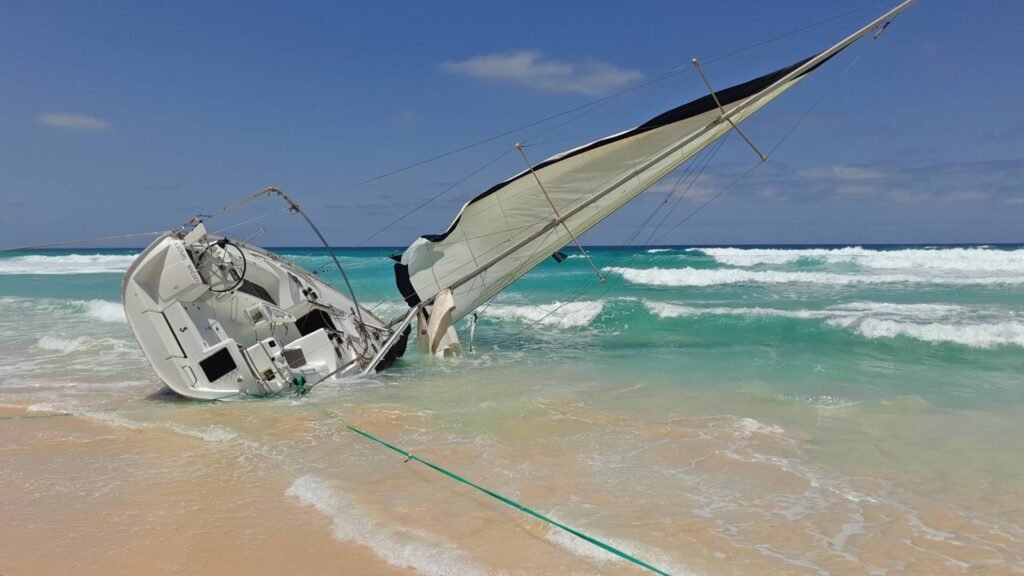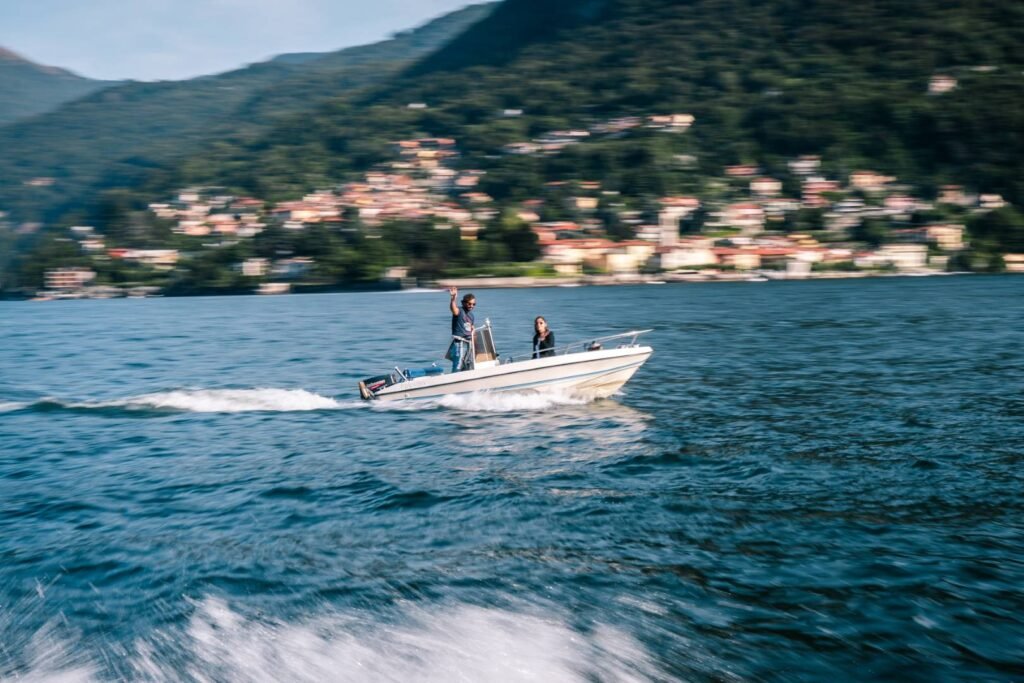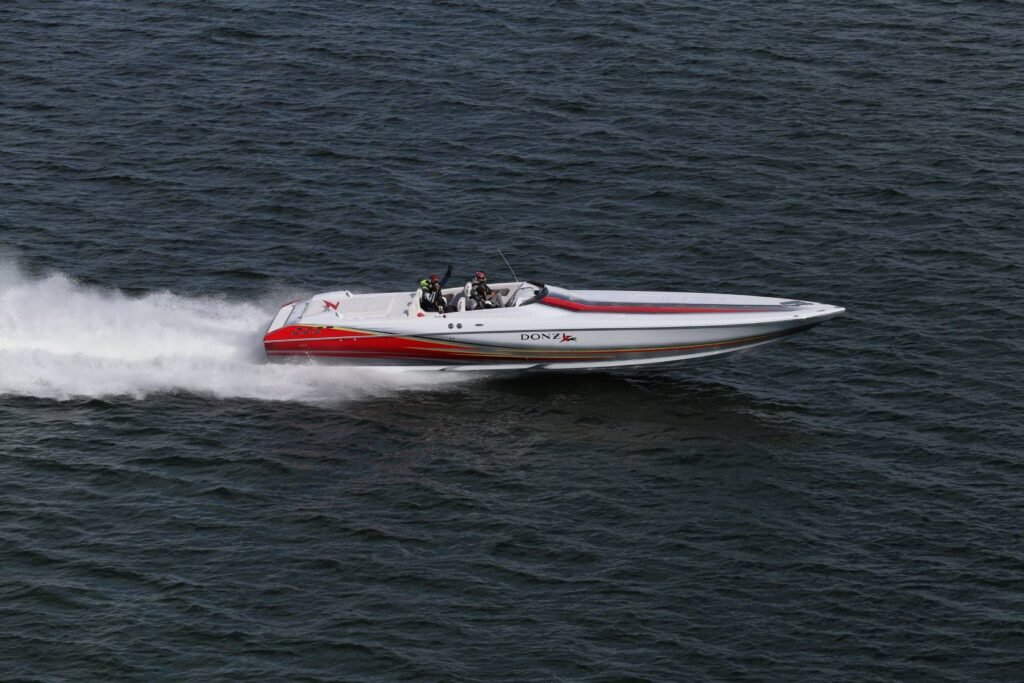Welcome to our comprehensive guide on the most fatal boating accidents, where we delve into the reasons behind these tragic incidents, their causes, and the precautions you can take to ensure your safety on the water.
Boating accidents can have devastating consequences, and it is crucial to understand the factors that contribute to these incidents in order to prevent them. In this article, we will explore the various aspects surrounding fatal boating accidents and provide valuable insights to help you stay safe.
- Understanding the Gravity of Fatal Boating Accidents:
- Common Causes of Fatal Boating Accidents:
- 1. Negligence: A Primary Factor in Fatal Boating Accidents
- 2. Intoxication: A Deadly Mistake on the Water
- 3. Lack of Experience: Knowledge and Skill Matter
- 4. Weather Conditions: Nature’s Unpredictability
- 5. Equipment Failure: A Hidden Danger
- 6. Overloading: Weight Limits and Balance
- 7. Navigation Hazards: Avoiding Obstacles and Collisions
- 8. Reckless Behavior: Speeding and Stunts
- 9. Insufficient Safety Measures: Life Jackets Save Lives
- 10. Lack of Communication: The Importance of Distress Signals
- Precautions to Prevent Fatal Boating Accidents:
- FAQs about Most Fatal Boating Accidents
- Prioritize Safety for a Pleasurable Boating Experience
- The Importance of Safety on the Water
Understanding the Gravity of Fatal Boating Accidents:
Boating accidents can result in loss of life, severe injuries, and substantial property damage. They can occur in various water bodies, including lakes, rivers, and oceans. These accidents not only affect the victims and their families but also have wider implications for the boating community as a whole. It is imperative to raise awareness about the causes and preventive measures to reduce the occurrence of such tragedies.
Boating accidents can have devastating consequences, leading to injuries, loss of life, and emotional trauma for the victims and their families. By delving into the reasons behind these accidents, their causes, and the precautions one should take, we can create a safer boating environment for everyone.

Common Causes of Fatal Boating Accidents:
1. Negligence: A Primary Factor in Fatal Boating Accidents
Negligence plays a significant role in the occurrence of fatal boating accidents. Whether it’s operator inattention, improper lookout, or excessive speed, neglecting safety measures can lead to disastrous outcomes.
2. Intoxication: A Deadly Mistake on the Water
One of the leading causes of fatal boating accidents is operating a boat while under the influence of alcohol or drugs. Impaired judgment, decreased coordination, and delayed reaction times make it extremely dangerous to navigate the waterways.
3. Lack of Experience: Knowledge and Skill Matter
Inadequate experience and knowledge about boating can contribute to accidents. Operating a boat without proper training or understanding of navigation rules increases the chances of collisions, grounding, or capsizing.
4. Weather Conditions: Nature’s Unpredictability
Unfavorable weather conditions pose a significant risk to boaters. High winds, storms, fog, and rough waters can quickly escalate a peaceful trip into a life-threatening situation. Monitoring weather forecasts and heeding warnings is crucial for boating safety.
5. Equipment Failure: A Hidden Danger
Boat operators must regularly inspect and maintain their vessels to prevent equipment failure. Malfunctioning engines, faulty navigation lights, and non-operational safety equipment can lead to accidents, especially during critical moments on the water.
6. Overloading: Weight Limits and Balance
Overloading a boat with passengers or cargo exceeding its capacity can compromise stability and increase the risk of capsizing or swamping. Understanding weight limits and maintaining proper balance are essential for safe boating.
7. Navigation Hazards: Avoiding Obstacles and Collisions
Navigating through congested waterways or unfamiliar territories can expose boaters to various hazards. Rocks, sandbars, submerged objects, and other vessels demand vigilance and proper navigation techniques to prevent accidents.
8. Reckless Behavior: Speeding and Stunts
Engaging in reckless behavior such as speeding, wake jumping, or aggressive maneuvers endangers not only the operator but also others on the water. Respecting speed limits and practicing responsible boating behavior can prevent fatal accidents.
9. Insufficient Safety Measures: Life Jackets Save Lives
Failing to wear life jackets or having an inadequate supply onboard significantly increases the risk of drowning in the event of an accident. Wearing properly fitted life jackets and ensuring they are readily accessible to all passengers is a crucial precaution.
10. Lack of Communication: The Importance of Distress Signals
In emergencies, being unable to effectively communicate distress signals can delay rescue efforts and exacerbate the situation. Knowing and properly utilizing distress signals, such as flares or distress calls on a marine radio, can significantly increase the chances of a successful rescue and reduce the severity of boating accidents.
Also Read Boat – A Comprehensive Guide to Its Origin and Meaning
Operator Inexperience: Inexperienced boaters are more susceptible to accidents due to their limited knowledge of navigation rules, poor decision-making skills, and inadequate understanding of their vessel’s capabilities. Education and training programs can play a vital role in enhancing boater competence and reducing accidents caused by inexperience.
Alcohol and Drug Impairment: Boating under the influence of alcohol or drugs is a leading cause of fatal accidents on the water. Impaired judgment, decreased reaction times, and compromised coordination significantly increase the likelihood of collisions and other mishaps. It is crucial to emphasize the importance of responsible boating and the dangers of impaired operation.
Excessive Speed: Operating a vessel at high speeds not only increases the risk of collisions but also reduces the operator’s ability to react promptly to potential hazards. Speeding boats require longer stopping distances and can easily lose control, leading to catastrophic accidents. Adhering to speed limits and adjusting speed based on water conditions are essential for boating safety.
Reckless Operation: Boaters engaging in reckless behavior, such as aggressive maneuvering, jumping wakes, or disregarding navigation rules, put themselves and others at grave risk. Such actions can lead to collisions, capsizing, or ejection from the vessel, resulting in serious injuries or even death. Encouraging responsible boating practices and discouraging reckless behavior is paramount.
Precautions to Prevent Fatal Boating Accidents:

Education and Training: Acquiring proper boating education and training is instrumental in preventing accidents. Understanding navigation rules, boat handling techniques, and emergency procedures can significantly enhance boater safety. Seek out certified boating safety courses to gain the necessary knowledge and skills.
Life Jackets: Wearing a personal flotation device (PFD) or a life jacket is one of the most crucial safety measures while boating. Ensure that all passengers, including yourself, have properly fitting and Coast Guard-approved life jackets readily available. In emergencies, life jackets can be lifesaving, providing buoyancy and helping to prevent drowning.
Avoid Alcohol and Drugs: Never operate a boat while under the influence of alcohol or drugs. Impairment affects judgment, coordination, and reaction times, greatly increasing the chances of accidents. Designate a sober operator or arrange alternative transportation if you plan to consume alcohol or drugs.
Safe Speeds: Always adhere to posted speed limits and adjust your speed according to the conditions. Be aware of factors such as weather, water traffic, and visibility, and reduce your speed accordingly. Operating at a safe speed allows you to maintain control of your vessel and react effectively to any unexpected situations.
Maintain Proper Equipment: Regularly inspect and maintain your boat for repairs.

You may also like,
- What Determines if a Speed is Safe for Your Boat
- Everything about Tri-Hull Boat – Cost, Onwership, Pros & Cons Explained
- Fishing Vessels – Types of Fishing Boats
- Types of Catamarans Used in the Shipping World
- Best Caption Seaman Quotes for Instagram, Facebook
FAQs about Most Fatal Boating Accidents
1. Are boating accidents common? Boating accidents do occur, but their frequency varies depending on factors such as location, boating activity, and adherence to safety measures. By following precautions and practicing responsible boating, the risk of accidents can be significantly reduced.
2. What are the common injuries in boating accidents? Boating accidents can result in various injuries, including fractures, head trauma, lacerations, hypothermia, and drowning. Wearing appropriate safety gear and maintaining a vigilant approach to boating can help mitigate these risks.
3. How can I prevent boating accidents? Preventing boating accidents involves a combination of responsible behavior and preparedness. Follow safety guidelines, obtain proper training and certification, equip your boat with necessary safety gear, maintain the vessel regularly, and always prioritize safety on the water.
4. Can bad weather cause boating accidents? Yes, adverse weather conditions can contribute to boating accidents. High winds, storms, fog, and rough waters can make boating treacherous. Stay updated on weather forecasts and avoid boating in unsafe conditions.
5. Is it necessary to take boating courses before operating a boat? While boating courses are not legally mandatory in all jurisdictions, they provide invaluable knowledge and skills for safe boating. Taking a boating course ensures you understand navigation rules, emergency procedures, and best practices for operating a boat.
6. How important is it to wear a life jacket? Wearing a life jacket is crucial for boating safety, especially in the event of an accident or capsizing. Life jackets save lives by keeping individuals afloat, reducing the risk of drowning. Always wear a properly fitted life jacket, regardless of your swimming ability.
Prioritize Safety for a Pleasurable Boating Experience
The “Most Fatal Boating Accidents – Why, Causes, Precautions” emphasizes the significance of understanding the reasons behind boating accidents, their causes, and the precautions needed to prevent them. By prioritizing safety, being responsible boaters, and following essential guidelines, we can ensure a pleasurable and incident-free boating experience for ourselves and others.
Remember, boating accidents are preventable, and it is our collective responsibility to keep the waterways safe. By being informed, prepared, and mindful of safety measures, we can enjoy the beauty of boating while minimizing the risks associated with it.
The Importance of Safety on the Water
As summer approaches and the weather warms up, many people eagerly flock to the lakes, rivers, and oceans for boating adventures.
While boating can be a thrilling and enjoyable activity, it is crucial to prioritize safety to prevent the most fatal boating accidents. Understanding why these accidents occur, their causes, and the necessary precautions can significantly reduce the risk of tragedy on the water.

